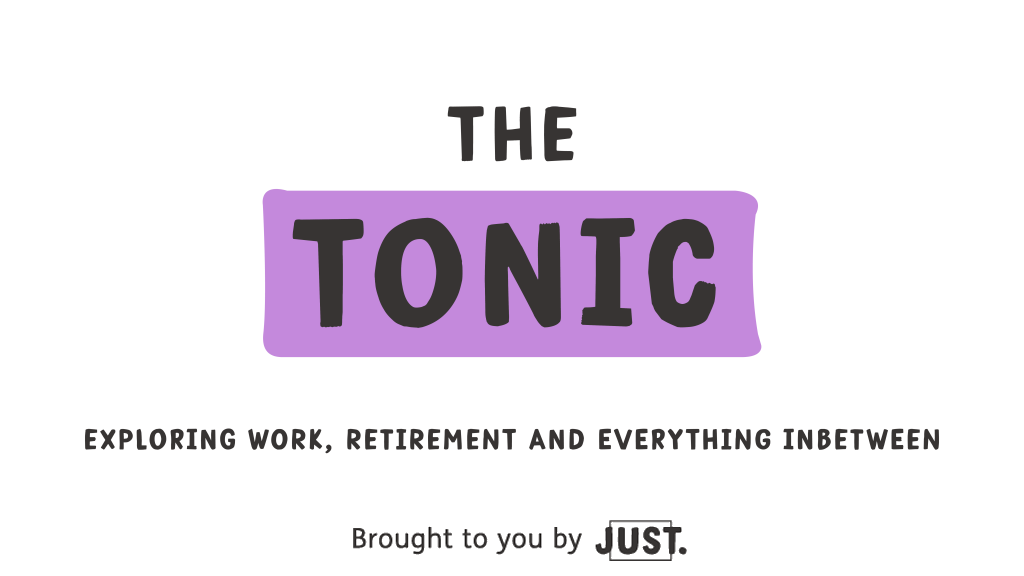Investing is often portrayed as a form of gambling, with financial markets depicted as casinos. Both investing and gambling involve risking money, in the hope of receiving more back later. But there are differences.
The big difference between investment and plain old gambling though, are the odds of success. History shows that while the odds are stacked against gamblers, over the medium- to long-term they can work in favour of investors.
Shares can be a great ‘gamble’
This is highlighted in research such as the Barclays Equity Gilt Study, which looks back over more than a century to compare the performance of cash, government bonds and shares. This shows that the longer you hold shares, the more they are likely to outperform other assets.
Shares held for 5-year periods outperformed cash 76% of the time and bonds 72% of the time. Extend the holding period to 10-years and shares returned more than cash 91% of the time and bonds 77% of the time.
Note that there will be some years when shares are not the top performing asset class. The coronavirus pandemic has reminded us that share prices can and do fall and the dividends they pay can reduce when companies are struggling. The future may also look different to the past, although the study does cover periods of economic difficulties such as global recessions and world wars.
Different generations need to approach investments differently
Periods of poor stock market performance tend to be more damaging for older investors and retirees, who are more likely to need the dividends or may be forced sellers to generate income. Conversely, they may work in favour of younger investors who can ride out volatility and benefit from buying shares at lower cost.
A simple financial planning strategy uses this knowledge that share prices tend to outperform over the long-term but can fluctuate dramatically by moving from growth-orientated assets such as shares to income-producing assets like bonds over time while keeping a sufficient cash buffer to ride out shocks.
Know how to play the game
There are three key criteria that professional financial planners are obliged to consider and these are useful concepts for those heading into retirement to think about.
The first is ‘capacity for loss’
This is a measure of how much of a loss you can bear before it starts to have a serious impact on your lifestyle. You should not bet more than you can afford to lose.
The second covers objectives and timings
For instance, this may be a certain level of pension income by a given retirement date. Once you have an idea of your goal, an investment plan can tell you how much investment risk you need to achieve it and help you monitor progress towards the goal – or it may make you reconsider your objectives.
The third is ‘attitude to risk’
This is more personal, based on feelings, and may change with current events and individual circumstances. You probably feel financially confident when share prices are rising but what about when they plummet?
Pick the right solution
Successful long-term investing is about understanding yourself and having a rational plan to generate sustainable returns over the long-term, giving you confidence to ride out the ups and downs by minimising the potential downside by holding different types of assets.
As the Barclays study shows, £100 invested in cash in 1899 with interest reinvested would be worth about £20,000 last year, or £42,000 if it was invested in government bonds. But the same amount invested in shares would have grown to £2.7 million.
If you want to stack the odds in your favour, then the mantra should be ‘get rich slow’.






Add comment